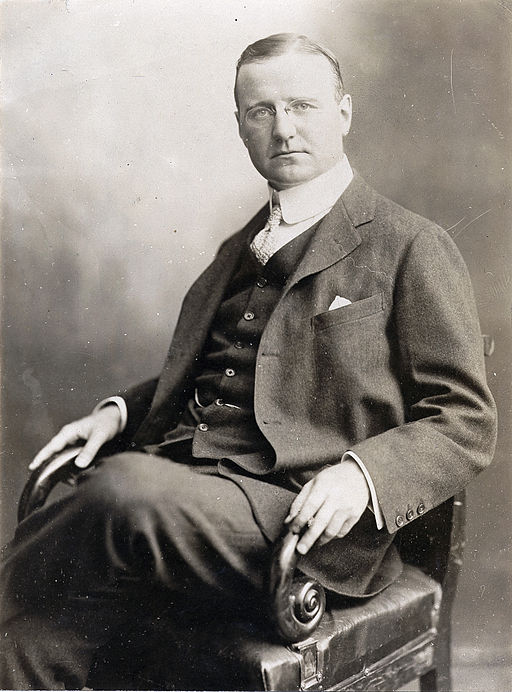“Comfort the afflicted and afflict the comfortable.”
According to the internet, it was the early 20th century humorist Finley Peter Dunne who gave us this expression.
The idiom was later adopted by such heavyweights as labor activist “Mother” Mary Jones and by a former Archbishop of Canterbury who upheld it as the very goal of religion—a belief evidently shared by the current Pope, who has denounced economic inequality in the strongest terms, calling unfettered capitalism “a new tyranny.” Indeed at first glance, Dunne’s now infamous injunction seems like an ideal rallying cry for the 99 percent against the excesses of the top tier.
Here in the San Francisco Bay Area, the phrase in question has become especially relevant as wealthy employees of Google, Facebook and other tech companies flood the city, driving up rents and driving out those of more modest means (i.e. almost everyone else).
In recent months, anti-gentrification activists have been systematically afflicting the comfy commuters aboard private shuttles traveling between San Francisco and Silicon Valley by distributing flyers, hoisting banners, and obstructing buses and riders.
At this year’s Wisdom 2.0 conference, an annual event that aims to combine mindfulness and technology, members of the Heart of the City collective stormed the stage with a banner reading “Eviction Free San Francisco.”
Acting as if the protesters weren’t there, a Google guru asked audience members to close their eyes and “feel what it’s like to be in conflict with people with heartfelt ideas.” One can only imagine that the otherwise self-satisfied attendees felt a bit uneasy.
A similar discomfort was provoked at the previous Wisdom 2.0 conference in 2013 by author and spiritual teacher Marianne Williamson, who stole the show by refusing to be a “dancing monkey to help a bunch of rich capitalists” and by laying bare the “ersatz version of spirituality” in which the privileged participants were basking. In fact, Williamson explicitly mentioned “comforting the afflicted and afflicting the comfortable” in a fiery sermon that highlighted her deep sense of social justice and foreshadowed the launch of her congressional campaign some eight months later.
Williamson has been called a spiritual activist, an increasingly common label that nevertheless carries a tinge of the oxymoronic. To overgeneralize, spirituality is focused on the internal, activism on the external. The former is primarily about being, the latter about doing.
The spiritual practitioner strives for acceptance and peace, whereas the activist challenges and disrupts the status quo. Yet despite such apparent differences, the practitioner and the protestor share a desire for transformation, a dedication to truth, and an understanding of the interconnection of all things. Both agree with Dr. King that injustice anywhere is a threat to justice everywhere, and with Che Guevara that the true revolutionary is guided by a great feeling of love.
But don’t interconnection and love imply a desire to alleviate the suffering of all beings?
From the Buddhist perspective at least, everyone is afflicted, including the so-called comfortable.
Like everyone else, the rich suffer from dysfunctional families, substance abuse, health problems, psychological troubles, financial worries, and everyday stress. They too experience loss, grief, loneliness, anxiety, uncertainty, and the fear of death. There is definitely no reason to envy or to idolize the rich. Nor is there any reason to demonize them. In fact, the spiritual activist sees part of herself in her apparent opponents, which is to say she is compassionate.
At the same time, she is wise.
She knows that so much suffering is caused not by evil individuals but by misguided organizations, corrupt institutions, unjust laws, oppressive systems, and limited ways of thinking. More to the point, she understands that wealth and privilege are insulators that can dull the moral conscience, such that the elite must oftentimes be reminded of their connection with people on the other side of the world who toil in electronics factories and metal mines, folks on the other side of the corporate cafeteria counter who work for minimum wage, and families on the other side of those tinted bus windows who face displacement.
As one flyer aimed at Google commuters said,
“You are not innocent victims. You live your comfortable lives surrounded by poverty, homelessness and death, seemingly oblivious to everything around you, lost in the big bucks and success.”
Clearly, this message could apply to rich people throughout the world. One can only hope that such calls to conscience will succeed in rousing a critical mass of the complacent class and bringing about the kind of deep transformation the world so desperately needs.
Meanwhile, let us who identify as spiritual activists continue afflicting the affluent with fierce compassion and authentic wisdom.
Relephant:
Waylon talks with spiritual author Marianne Williamson on Walk the Talk Show with Waylon Lewis
Love elephant and want to go steady?
Sign up for our (curated) daily and weekly newsletters!
Editorial Assistant: Jennifer Moore/ Editor: Catherine Monkman
Photo: Wikimedia Commons











Read 0 comments and reply